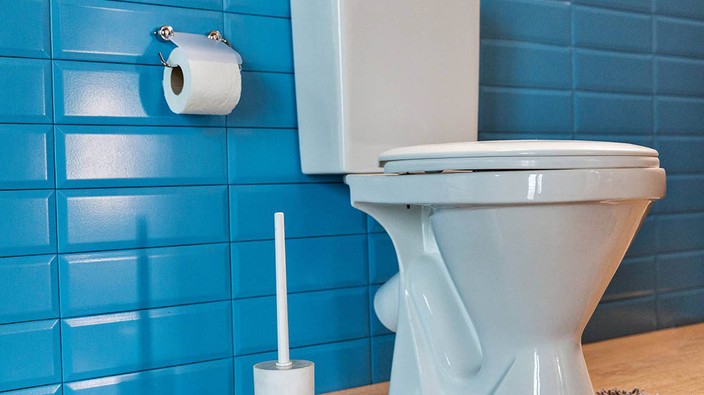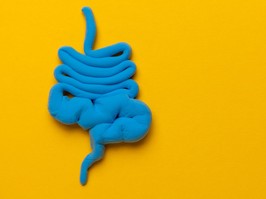separate research presented during digestive disease week revealed that ibs patients experienced an unexpected improvement in symptoms during covid-19 lockdowns.
“one of our main hypotheses was that these patients were going to be worse because of pressure and stress due to covid-19,” said juan pablo stefanolo, one of the study’s lead authors and a physician with the neurogastroenterology and motility section, hospital de clínicas josé de san martín, in buenos aires university, argentina.
“we think the results have something to do with people staying at home. they were not exposed to outside stress, and at home they were able to avoid food triggers.”
of the 129 ibs patients involved in the study in argentina — a country with one of the longest lockdowns in the world — the number experiencing severe symptoms dropped from 65 to 39. the mean irritability bowel syndrome severity scale for the group fell significantly and symptoms of pain, distention, stool consistency, anxiety, somatization, fibromyalgia and chronic fatigue symptoms all improved. “our results reinforce the concept that ibs, or functional gastrointestinal disorders, have a connection to psychosocial factors, as well as food and other factors,” stefanolo said. “the gut-brain axis has a lot of facets.”
 4 minute read
4 minute read









